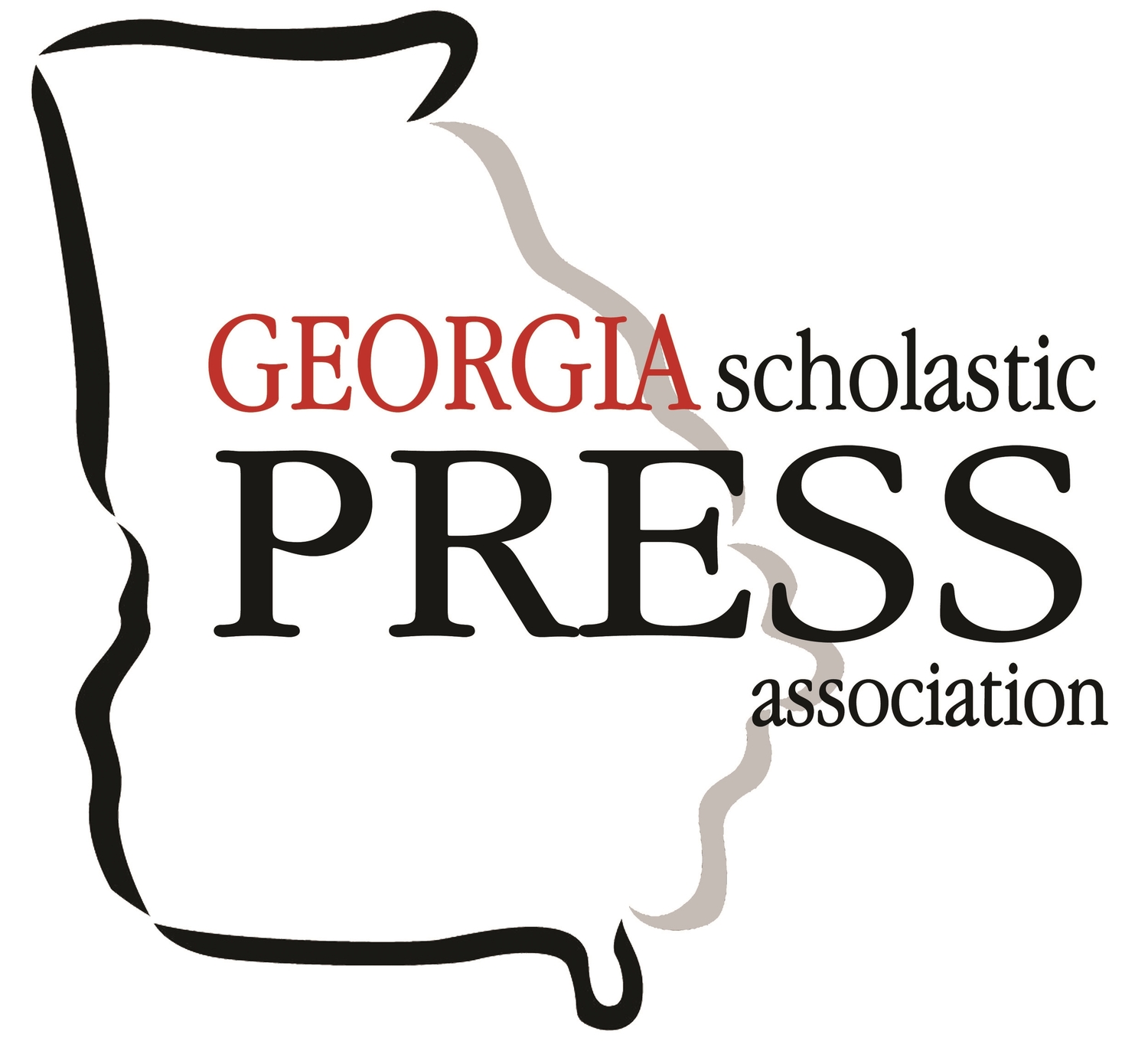Free resource: Protection of News Sources: Georgia’s Shield Law and the Qualified Reporters’ Privilege
/Presented by the UGA School of Law’s First Amendment Clinic, this 30-minute pre-recorded webinar explores some of the legal protections available to journalists in Georgia should they be faced with a request or a subpoena to testify as a third-party witness or to produce their newsgathering work product (i.e., notes, audio-recordings, and video-recordings) as evidence in a legal proceeding.
The webinar focuses on Georgia’s Shield Law (O.C.G.A. § 24-5-508) and the qualified reporters’ privilege recognized by the 11th Circuit U.S. Court of Appeals (covering Georgia, Alabama and Florida). The presentation explores the history and current scope of these news source protections, including what factual showing must be made to establish an exception to these protections.
To access the presentation, go to:
https://firstamendment.law.uga.edu/resources/protection-of-news-sources-in-georgia-the-11th-circuit/
7/24/20 Update: The “Protection of News Sources” presentation linked above discusses a Seattle Police Department subpoena to obtain unpublished photographs and video of a May 30, 2020 Black Lives Matter protest from five news outlets for purposes of investigating arson of police vehicles and theft of police firearms that occurred during the protest. The news outlets moved to quash the subpoena, citing Washington's state shield law. On July 23, 2020, a state court judge ruled that the news outlets must comply with the subpoena, finding the Police Department met its burden to overcome the shield law by showing that the images sought were “highly material and relevant” and “critical or necessary” to prove an issue that has a compelling public interest for its disclosure, and that all “reasonable and available means” to obtain the information in other ways had been exhausted. However, the court imposed some limiting parameters on what materials must be produced by the news outlets and how the police department can use them. This decision is not controlling on courts in Georgia, but it analyzes the same factors that a Georgia court would have to consider if presented with a similar subpoena and motion to quash under the Georgia Shield Law.
This presentation does not, and is not intended to, constitute legal advice. All information, content and materials are made available for general informational purposes only.


